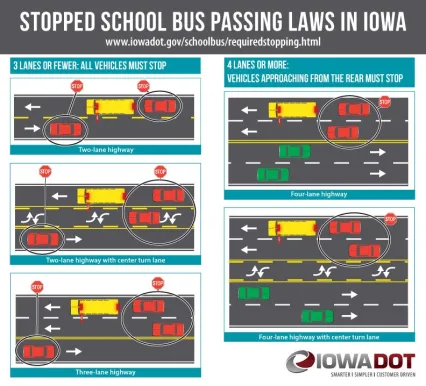Governor Kristi Noem has appointed Robert “Bob” Perry as Secretary of the Department of Public Safety. Craig Price, the current secretary, will retire from state government.
Perry’s appointment will be effective on Sept. 22.
“Craig Price has been an outstanding leader and public servant throughout his law enforcement career. His experience, insight, and discernment have been incredibly valuable to me while serving as governor,” said Noem. “We have seen many unprecedented challenges over the past several years here in South Dakota including floods, storms, violent protests, and a worldwide pandemic. Craig was always a steady hand who brought calm to every situation and focused on finding solutions. He has been one of my closest advisors and a dear friend. He has my highest respect. May God richly bless him in his retirement from the State of South Dakota.”
Continue reading “Robert Perry named South Dakota Secretary of Public Safety”










